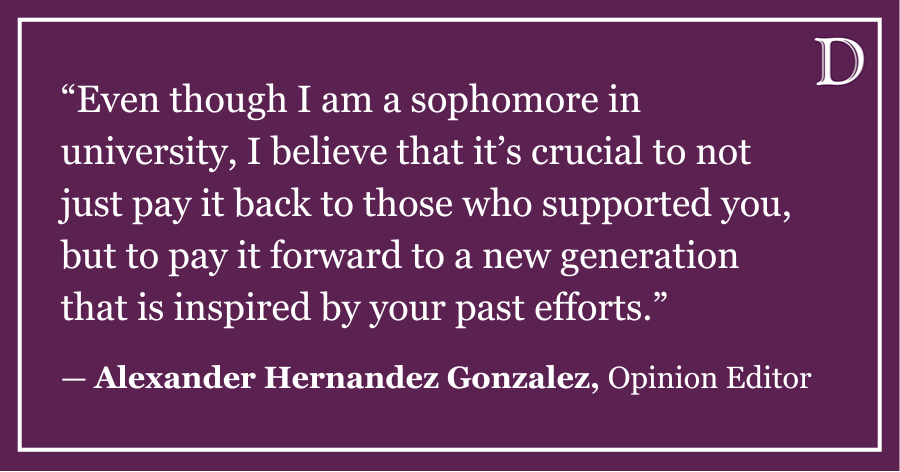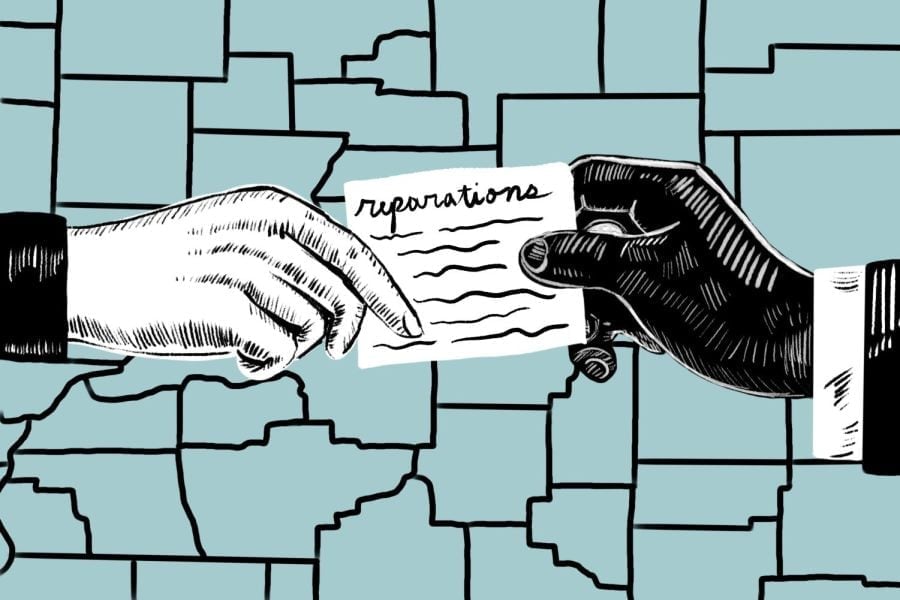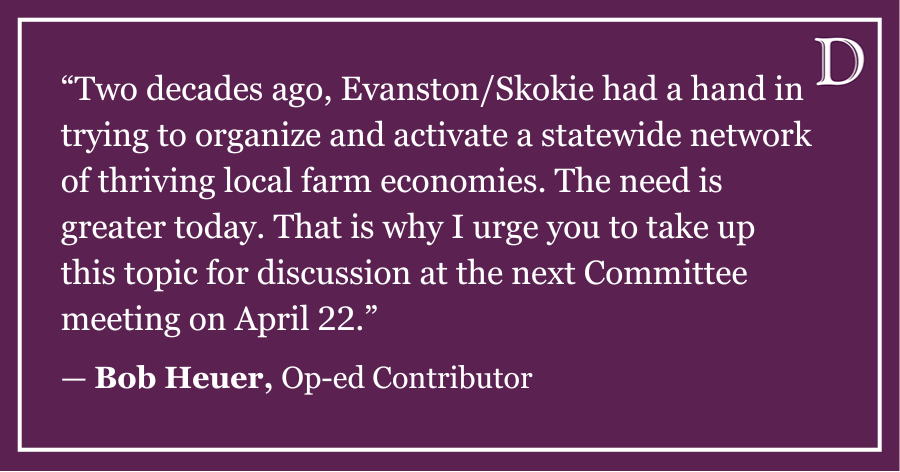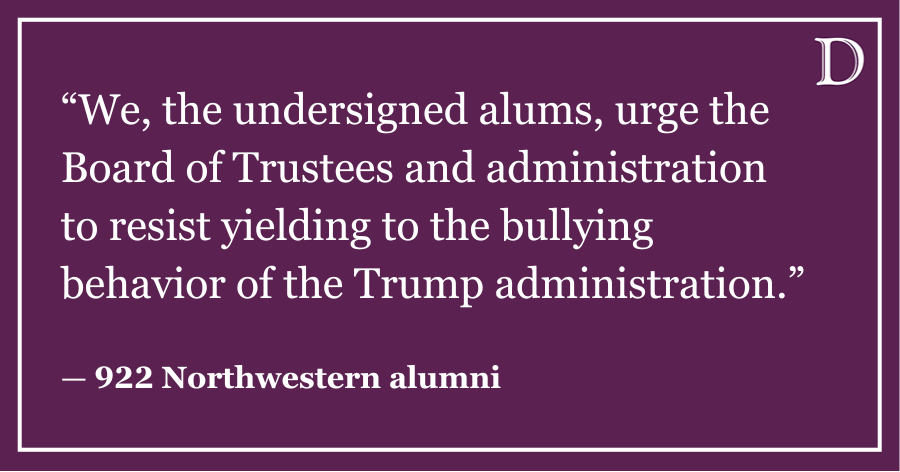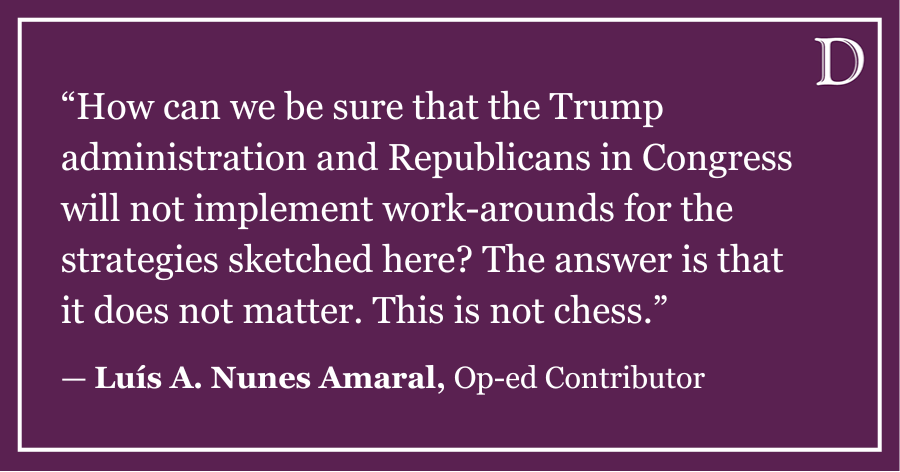
I shouldn’t be alive.
I should never have met most of you reading this column.
I am a survivor of suicide.
I tried to take my own life twice, and both times somebody was there to stop me. Someone was there to catch my knife-wielding arm as I attempted to slit my wrists or tackle me to the ground as I ran away with my noose made from a belt, ready to hang myself from a tree. I had people that cared about me, and, when my life hung in the balance, they proved that and went above and beyond the call of duty as a friend.
The past 12 months have been difficult for me, with two Northwestern students killing themselves and two more former students taking their own lives over the past five days. I did not know Alyssa, Alexis, Caleb or Dmitri, but at the same time I understood them, and I knew what it was like to walk in their shoes. I could feel their pain, and I empathized with the fact they felt like they only had one option. But it forced me to get help for my issues, and I am now proudly visiting CAPS and a therapist on a weekly basis.
I would not be here today without countless individuals to whom I am indebted, but I want to highlight five who made the simple effort of asking the most important question we as a community can ask one another: “How are you?” Each morning when I walked into high school I had three people who would ask me this one question and listen attentively to my response. So I want to thank Alon, Andrew and Ryan for being there for me. The same goes for the two people at NU who do the same thing for me — Sam and Spencer.
“How are you?” is a question we ask half-heartedly most of the time, which leads to most of us tuning out the answer. However, every answer has a specific context and, depending on the tone of voice, could mean different things. I have three standard answers to this question: “All right,” “fine” and “could be better.” Yet all three mean different things, and the speed at which I say them connotes different meanings. A quick “fine” means there is no issue, but a slow “fine” means I have a problem, and it’s under control. Most people hear the word “fine” and ignore the context, but you are missing out on half the answer by only taking things at face value.
If we as a community are going to do a better job of preventing suicides, we must do a better job of listening to the people we’re close with. You don’t need QPR training to figure out something is wrong and talk with your friend about it, although it certainly helps. That single conversation alone could save someone’s life and has stopped me many times from acting on my feelings. If you don’t feel comfortable having this type of conversation with someone, then I suggest you evaluate your friendship with that person and figure out their purpose in your life.
On the flip side, if you feel the need to talk to someone about your issue and don’t feel comfortable with any of your friends, I think you should ask yourself whether you are surrounding yourself with the right people. You don’t need to feel comfortable having these serious conversations with everyone, but you must have one confidant to whom you can spill your guts. If you don’t find that person, I will personally volunteer to be that person for you because I have been in your shoes, and I can help you get better.
I am lucky because I have a group of people who have been at my side for the past eight years. I have people who ask the easy questions and listen to the responses and actually probe me for more details on my issues. When life gets rough enough for suicide, no person can shield all their feelings from the public. The signs are there that things are wrong. All I ask is that you listen next time you ask someone how they are doing because you’ll learn a lot more than you expect about them and their mood.
So I ask you, Northwestern, how are you doing?
Josh Walfish is a Medill senior and a Daily staffer. He can be reached at joshuawalfish2014@u.northwestern.edu. If you want to respond publicly to this column, send a Letter to the Editor to opinion@dailynorthwestern.com.




